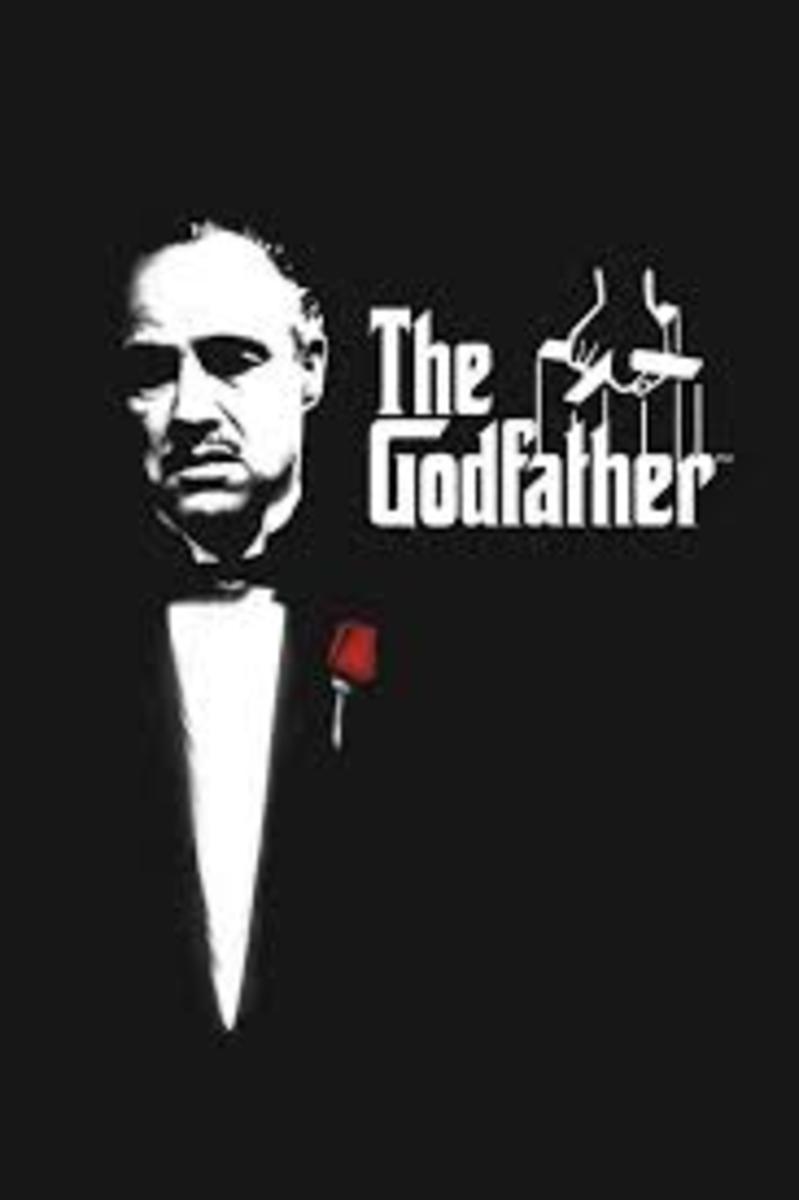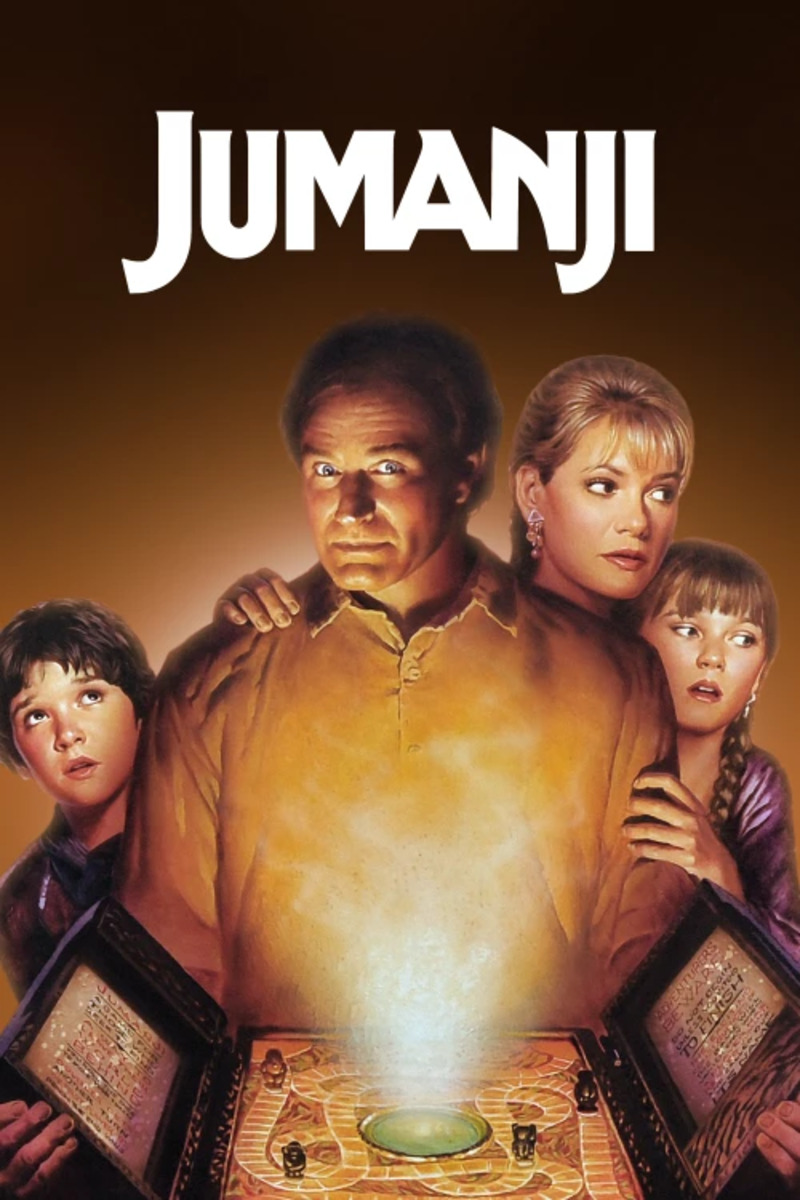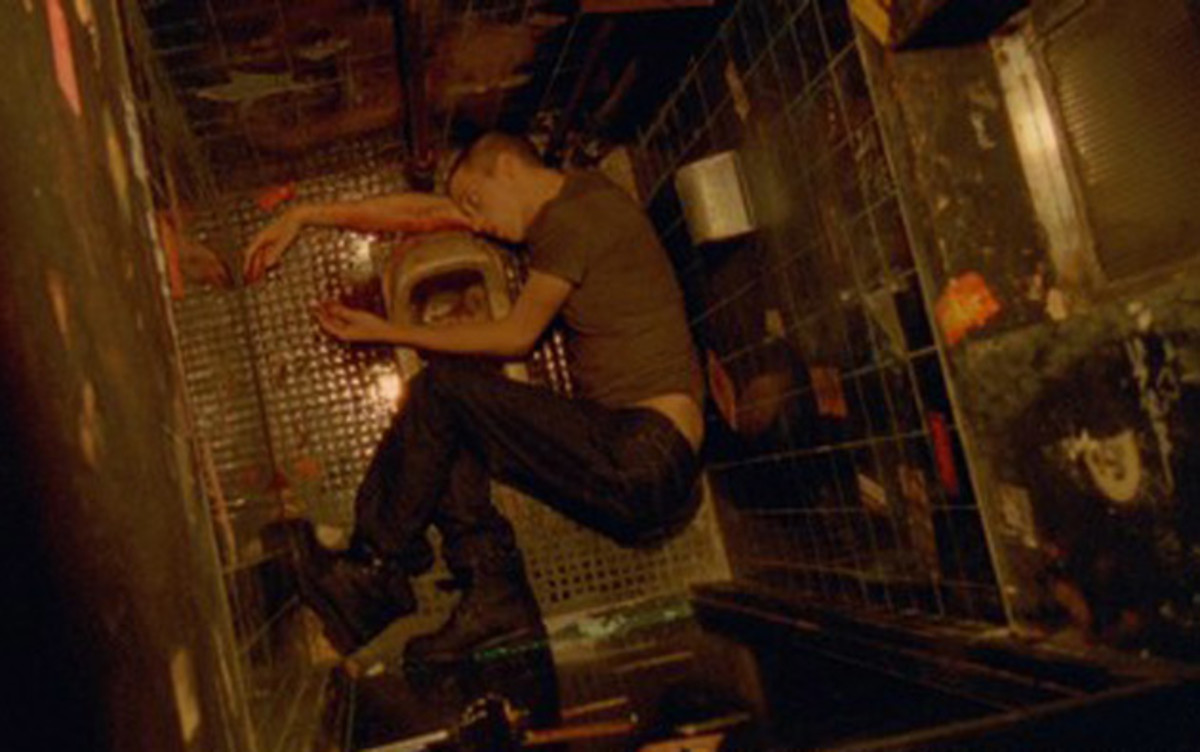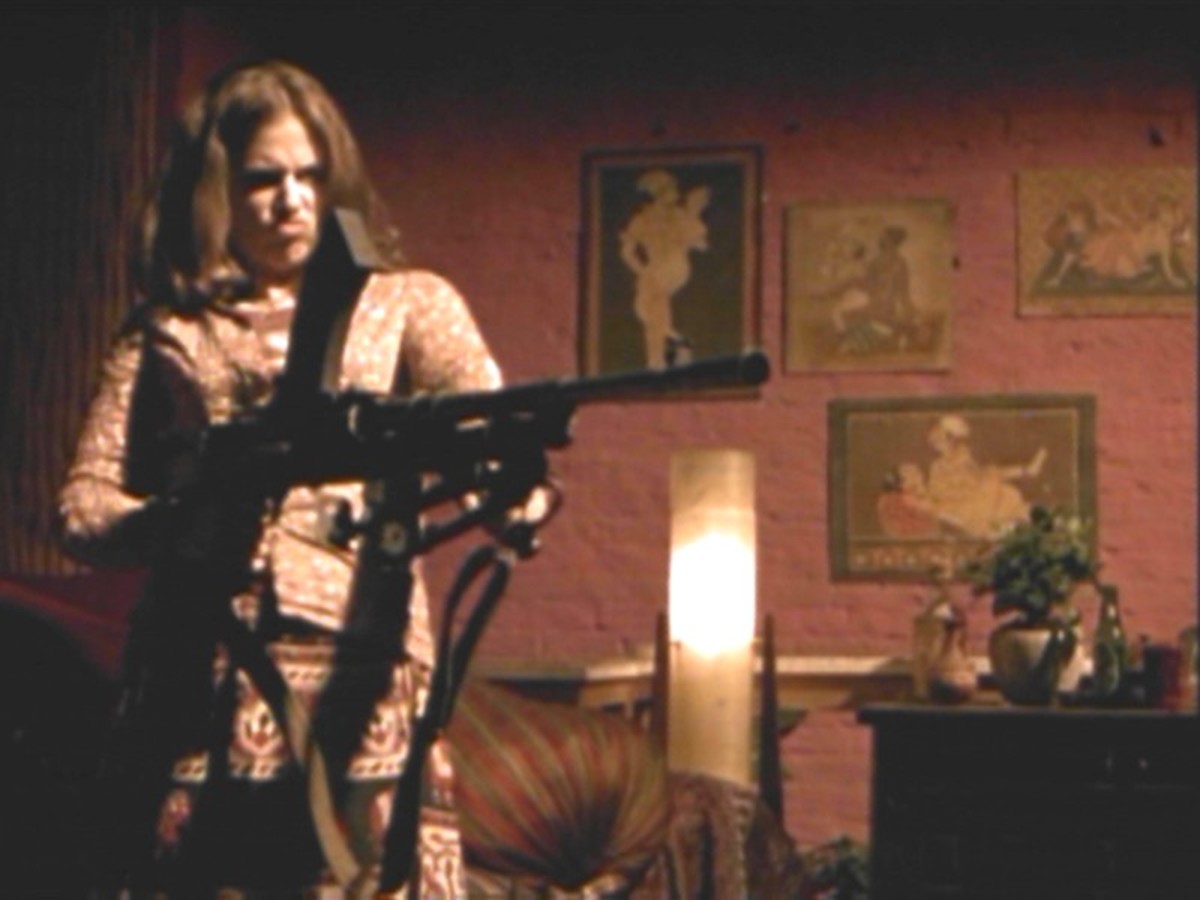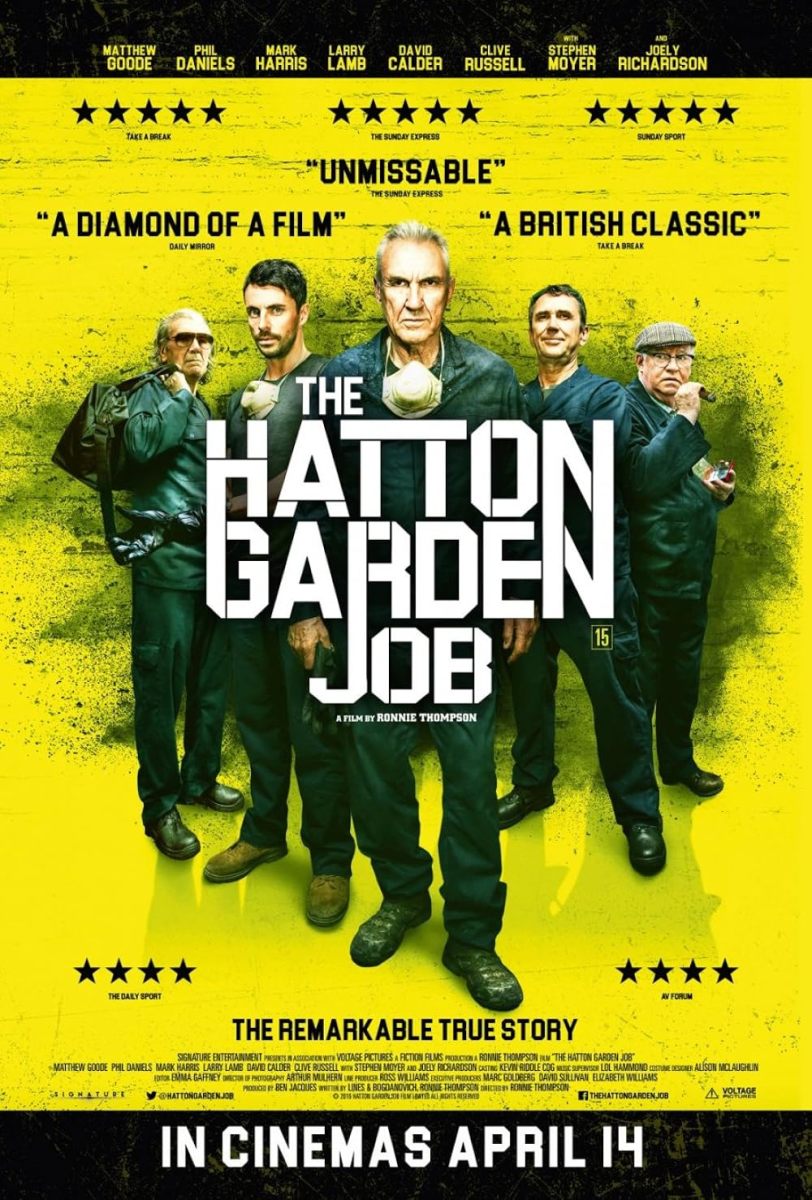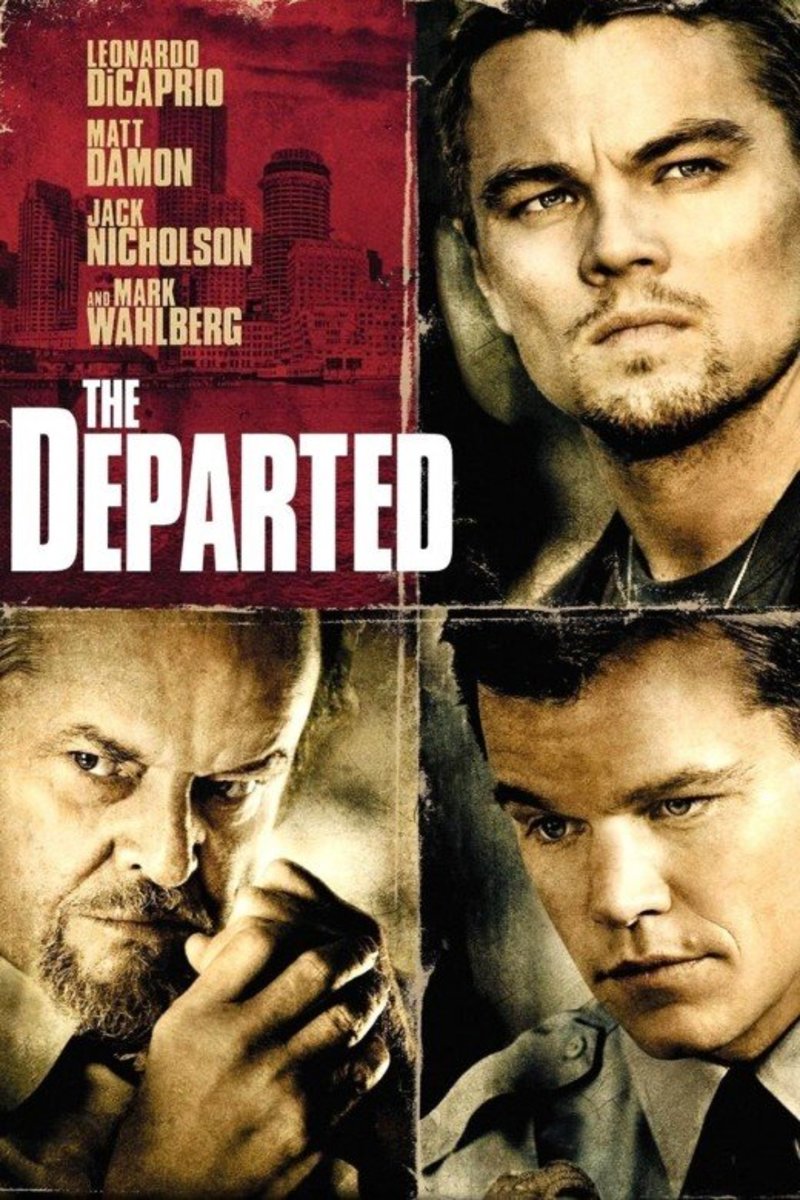Bullitt (1968): A Movie Review
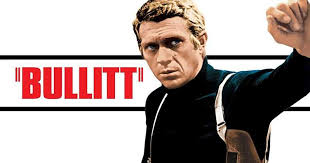
"Bullitt" is a 1968 release, a police procedural starring screen legend, Mr. Steve McQueen.
I want to introduce a term: Essential Cinema.
What do I mean by the term "essential cinema"?
I am referring to a film, from decades past, before the year 2000, whose elements do not appear to have been subsequently integrated into series television. I have to be able to imagine the film being released today, as we speak, with similar dramatic and artistic impact.
Let me flesh this out by skipping ahead to my final verdict on this film.
Final Verdict: Bullitt (1968) does not meet my standard for essential cinema. But it is a solid, well-made film. I will take the word of experts on this point. After all, the movie did win the 1968 Academy Award for Best Editing.
So... Okay?....
Bullitt is what I will call --- I am introducing a new categorization --- a pleasant enough watch, on television, on a rainy Saturday afternoon, when one has nothing better to do. You want to wait until it comes on your TCM (Turner Classic Movies channel), or something like that.
There is no need to purchase this DVD. The better option is to rent it for free, from you local public library, as I did a few weeks ago.
The story or plot of Bullitt is so basic that I am not even going to bother supplying a plot summary.
For one thing, you can get a plot summary from anywhere. For another thing, I say that the film's plot or story is "so basic," from the perspective of one such as myself, who grew up watching police procedurals on series television.
Bullitt brings nothing new to the table from my perspective. Since police procedurals and crime stories on television, especially cable, are an ongoing thing, I would imagine that the film has nothing new to say to the current, or past generations, who also grew up and are growing up watching police procedurals on series television.
Does that make sense?
From this perspective, Bullitt is only interesting from what I will call a primitive, evolutionary perspective.
Now the opposite of that are two films from decades past that I do consider to be Essential Cinema: Last of the Red Hot Lovers (1972) and Dr. Strangelove or How I Learned to Stop Worrying and Love the Bomb (1964).
First of all, as far as I know, the core elements of these films have not been integrated into series television. These films represent something I call the "authentic comedy" in cinema. For me, even now, these two films bring something fresh to the table, in such a way that I could imagine these movies being released today, as we speak, and having a substantial artistic and dramatic impact, even if they did not go on to be "blockbusters" in terms of worldwide ticket sales.
I have been saying two things in this discussion:
- That generational perspective is an important thing to consider when watching films from decades past.
- That the relationship between different forms of media, across time, is an important thing to consider when watching and reviewing films from decades past. This helps us make a judgment about whether or not such a film has that "timeless classic" quality that we are looking for.
In other words, one does not want to look at a film from decades past with the thought, "We've been there, done that."
Let's take the 1952 theatrical release, starring Gary Cooper: High Noon.
High Noon is a Western. It is a film I enjoy and, from my perspective (as one who did not grow up watching Westerns on series television), it is a classic, in that it is "essential cinema," as I have already defined that term.
My generation did not grow up watching Westerns on series television. My generation has not "been there, done that." Therefore, for this reason, I can imagine this tightly focused gem being released today with substantial artistic and dramatic impact (at least among my generation and subsequent generations), even if it were not to become a "blockbuster" in terms of worldwide ticket sales.
However, since High Noon was released in 1952, I would imagine that it might well have been artistically and dramatically quite impactful, at the time, regardless of worldwide ticket sales.
However, a fascinating question remains: Just exactly what would have been the re-watch value for those generations who would, subsequently, grow up watching Westerns on series television? Would they, subsequently, consider High Noon to be "essential cinema"?
One thing that makes "High Noon" a special film for me is that it, very much, has a Assault on Precinct 13 (1976) vibe to it. By the way, there was a remake in 2005 starring Ethan Hawke, which I actually prefer.
I can imagine High Noon having acted as a latent creative influence on the makers of the two Assault films. The plots of the films are nearly identical. The only real difference is the breadth of the landscape over which the action plays out.
In other words, in High Noon, Gary Cooper plays an old sheriff who must stop Frank Miller and his gang from shooting up a town to its destruction, while taking his revenge upon Sheriff Cooper, who sent Miller to the penitentiary.
The action plays out over the entire town.
In the Assault film (1976), an L.A. street gang takes revenge upon the cops who killed several gang members, in the line of duty. They take their revenge by going to the Precinct 13 to shoot it up to its destruction, meaning to kill any and all cops they find there.
The action plays out largely on the grounds and within the four walls of the station house.
This is also true of the 2005 remake, but there is a little twist, which I will not give away, if you haven't seen it.
And incidentally, I don't think either Assault film is essential cinema simply because of what subsequent generations grew up watching on series television, with regard to the police/crime thriller.
In any event, thank you very much for reading!

